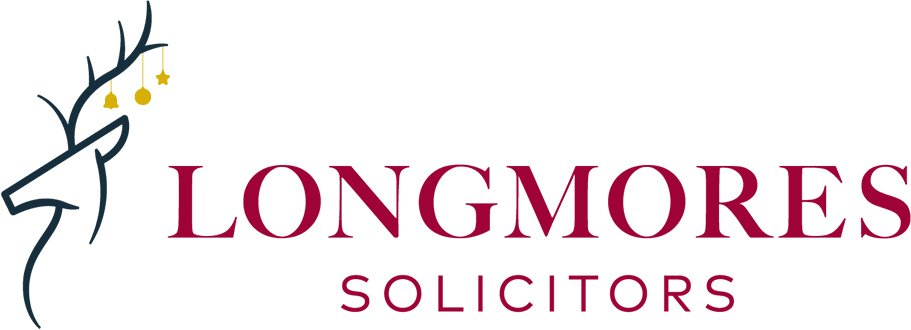End of Tax Year – Inheritance Tax
The 5th April, the end of the tax year for individuals will soon be upon us.If you have not already considered reviewing your affairs with a view to utilising the allowances available to you, these will soon disappear as we move into the tax year 2019/2020.
Here are some considerations which you might like to think about.
“Straightforward” Gifts
The golden rule with making gifts with no strings attached is that the sooner they are made, the sooner your clock starts ticking on the 7 year period after which the value of the gift washes out of your estate for Inheritance Tax purposes.If not already used, you will also have a gift allowance for the current tax year of £3,000 (which is a cumulative total) and so this is an amount which can be safely given away without any considerations as to future tax implications.If you did not use your allowance for the previous tax year 2017/2018, you will be able to carry this forward to this tax year only and give away a total of £6,000 completely free of any future consequences.
Even if you do give away more than this, you are still likely to be in the position of putting yourself in a better position for Inheritance Tax purposes even if you fail to survive the 7 years by reducing the value of your estate and any rise in value in the intervening period on the assets given away.
Creation of Trusts
In a former life and in a much more junior position, I recall taking Trust Deeds “downstairs” to be stamped in order to have them validated for tax purposes and the amount of these I did on the 5th April was surprising.The requirement to have trusts formally stamped has now been removed but there is still time for you to create a lifetime trust which has the dual advantage of reducing the value of your estate for Inheritance Tax purposes but also allowing you to obtain a measure of control over the assets which you have given away.
Trusts can be declared orally and then evidenced in writing but with this type of situation, it is strongly recommended that you seek advice as to how best to deal with this in order to comply with the requirements to create a valid trust.
Gifts Out of Income
One of the lesser known exemptions from Inheritance Tax is a regular pattern of gifts made out of surplus income which do not affect the lifestyle of the person making the gift (technically known as the “donor”).As the end of the tax year approaches, it is likely that you will be aware as to whether your annual income has exceeded your outgoings and your likely tax bill. If you simply accumulate your income, whether it is reinvested or simply placed in a bank account, it will form part of your estate for Inheritance Tax purposes and potentially be liable to Inheritance Tax at 40% even though you have already paid Income Tax on it.
Setting up a process whereby surplus income is donated is a very effective way of passing on cash which is not needed by the donor and can be done either directly or to fund a trust over a number of years.I have had clients who have passed quite significant sums of money on in this fashion.
If you are considering this, you will need advice on this in order to ensure that it is set up correctly so that HMRC do not try to infer that gifts were made out of capital and thus fall into the 7 year rule as opposed to being exempt from day one.
Other planning considerations
Whilst this is a whistle stop tour through the type of tax planning in which Longmores involve ourselves with on a regular basis, other avenues involving multi-professional approaches are available, but these need good complementary advice from a suitably qualified expert such as an Accountant or Independent Financial Advisor.
For more information please contact Alastair Liddiard.
Please note the contents of this blog are given for information only and must not be relied upon. Legal advice should always be sought in relation to specific circumstances.

